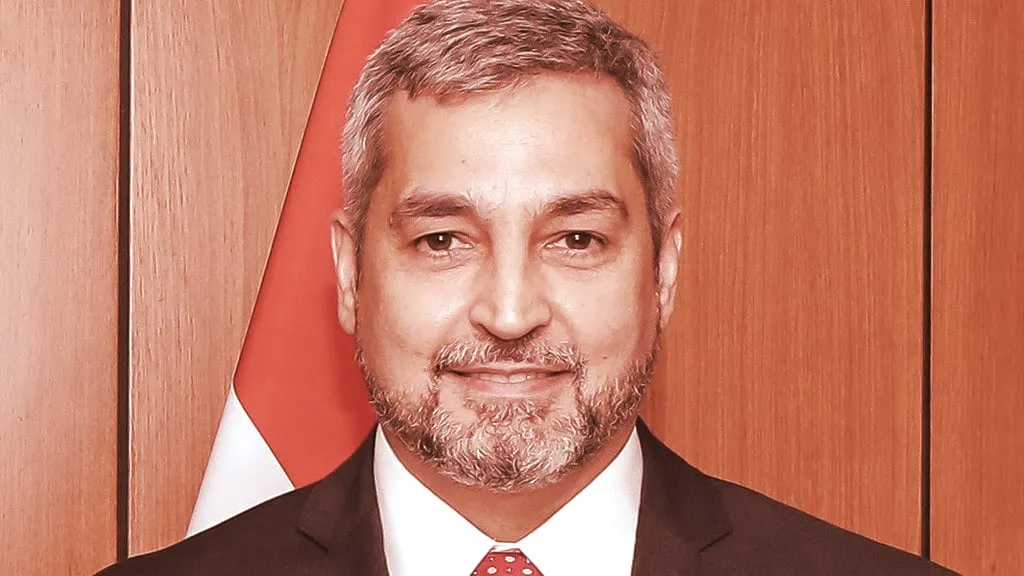Paraguayan lawmakers this week rejected the president’s veto of a major Bitcoin mining regulation bill.
A total of 33 senators on Wednesday voted to reject President Mario Abdo Benitez’s decision to veto the bill, which wants to regulate Bitcoin mining in the South American country.
In July, Paraguay’s legislature approved the bill to create a clear-cut tax and regulatory framework that would allow miners to know where they stand while operating in the country.
President Benitez then vetoed it, claiming mining uses high amounts of energy but brings relatively small employment benefits.
But this week’s vote shows that senators are dead set on regulating the industry which currently operates in a legal gray area in the Latin American nation. According to a release from the country’s Congress, one lawmaker, Senator Enrique Salyn Buzarquis, said it was “better to formalize” the industry so they can tax it.
Congressman Daniel Rojas added that “new forms of employment” could be brought to Paraguay through a well-regulated crypto industry.
Lawmakers think Paraguay can become a crypto hub because it is increasingly attractive to Bitcoin miners—mainly due to its cheap electricity.
Bitcoin mining, which is the business of adding and verifying blocks of transactions to the asset’s public blockchain, is often done on an industrial scale and requires lots of computers—and energy.
Big crypto companies are looking to Paraguay to set up shop: Canadian mining giant Bitfarms last year said it was expanding to the country on a five-year lease with an annually-renewable power purchase agreement to secure 10 MW of green hydropower.
The bill will now go to Paraguay’s Chamber of Deputies for discussion.

